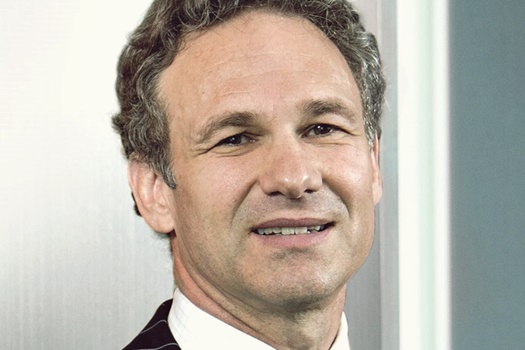
Money is floating around, but professionals and the government must work together, the firm says

Chapman Tripp says that the private and public sectors must take bold action to remedy New Zealand’s “sagging infrastructure.”
The infrastructure deficit is inhibiting the country’s economy and way of life because of gridlocks, lost production, unaffordable housing, and environmental destruction, the firm says in its “What next for infrastructure?” report. The problem is not unique to New Zealand, which could be a silver lining, said Mark Reese, Chapman Tripp banking and finance partner.
“The world infrastructure deficit is estimated at US$21 trillion, which means that this is a front-of-mind issue for authorities such as the International Monetary Fund, the World Bank and the OECD – so there is a lot of international research to draw on,” he said. “There are also a number of best-practice examples of innovative thinking that could be adapted to the New Zealand context.”
The firm says that a coordinated approach is needed to create a solid pipeline of work and financial tools to attract private-sector investment. The country’s infrastructure problems are becoming more urgent as climate change effects begin to hit, Chapman Tripp said.
Resources and endowments from the central government must be effectively used to resolve under-investment. The firm also said there is a need for an informed debate on how new infrastructure is funded, which recognises the “unacceptable costs” of the current system. Even with the government’s net debt reduction target, financing should not be a barrier, it said, adding that private financing must be deployed to solve the funding deadlock.
“There is a wave of global capital looking for a home, with institutional investors worldwide now managing more than US$120 trillion. Pension funds, in particular, are seeking out safe asset classes that deliver a long-term return, and infrastructure investments fit neatly into this profile,” Reese said.
“At the government’s instigation (through the 2017 Budget Policy Statement), significant work is taking place behind the scenes to develop innovative funding mechanisms. Moves are also underway to forge a political consensus around the Zero Carbon legislation, to provide planning certainty and ensure that the policy framework can survive the three-year electoral cycle,” he said.
The Chapman Tripp partner, who was previously managing partner in Wellington, said that the proposed Urban Development Authority is expected to have the power to cluster together land for residential subdivisions, including through compulsory acquisition. This is in line with the recommendation of the Productivity Commission, which was adopted by the national government.
Chapman Tripp identified capacity constraints as a problem with the construction sector.
“A key challenge in addressing the infrastructure shortfall are capacity constraints in the construction sector, but we are starting to see more interest from overseas contractors and are confident that, if the supply of work is large enough and the funding is available, some of the second-tier companies will be able to resource up to the next level,” Reese said.
New Zealand’s infrastructure capacity underpins the country’s workplace productivity, resilience to climate change and natural hazards, social objectives, and quality of living and international brand, the firm said. Workplace productivity has dipped below the international median, leading to a low-wage, low-return economy, it said.

Mark Reese